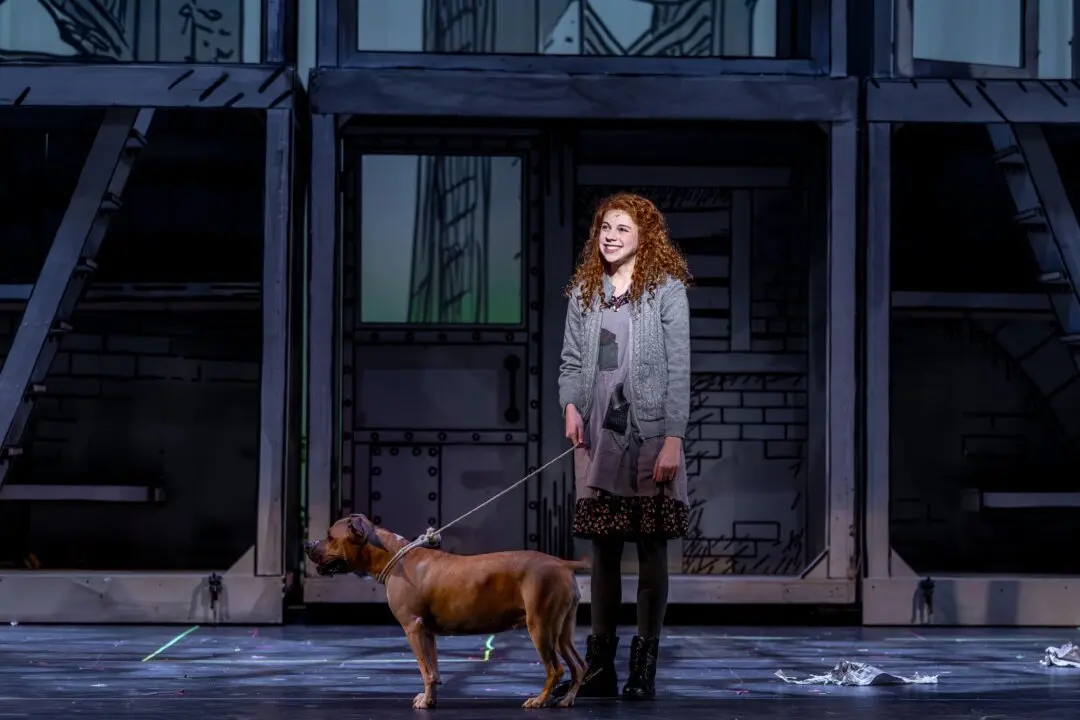CHICAGO—The mother, Alma, works long hours as a dishwasher to pay for a small apartment in California and to put food on the table. Her daughter, Angel, is a 17-year-old high-schooler who eats poorly, hangs out with bad influences, and believes she knows better than her mother.
Alma wants Angel to take the SAT test so she can go to college. But Angel refuses. Alma believes that her daughter’s intelligence would allow her to become a wonderful veterinarian. But the daughter doesn’t want to be a veterinarian; she wants to be an environmental activist. “What if I don’t do what you say? What are you going to do about it?” Angel screams. “Are you going to take away the shitty phone I have?” She smashes the phone on the floor.




